
Smarter email, faster business.
Trending
Air India CEO Urges Caution as AI 171 Crash Investigation Continues
Categories
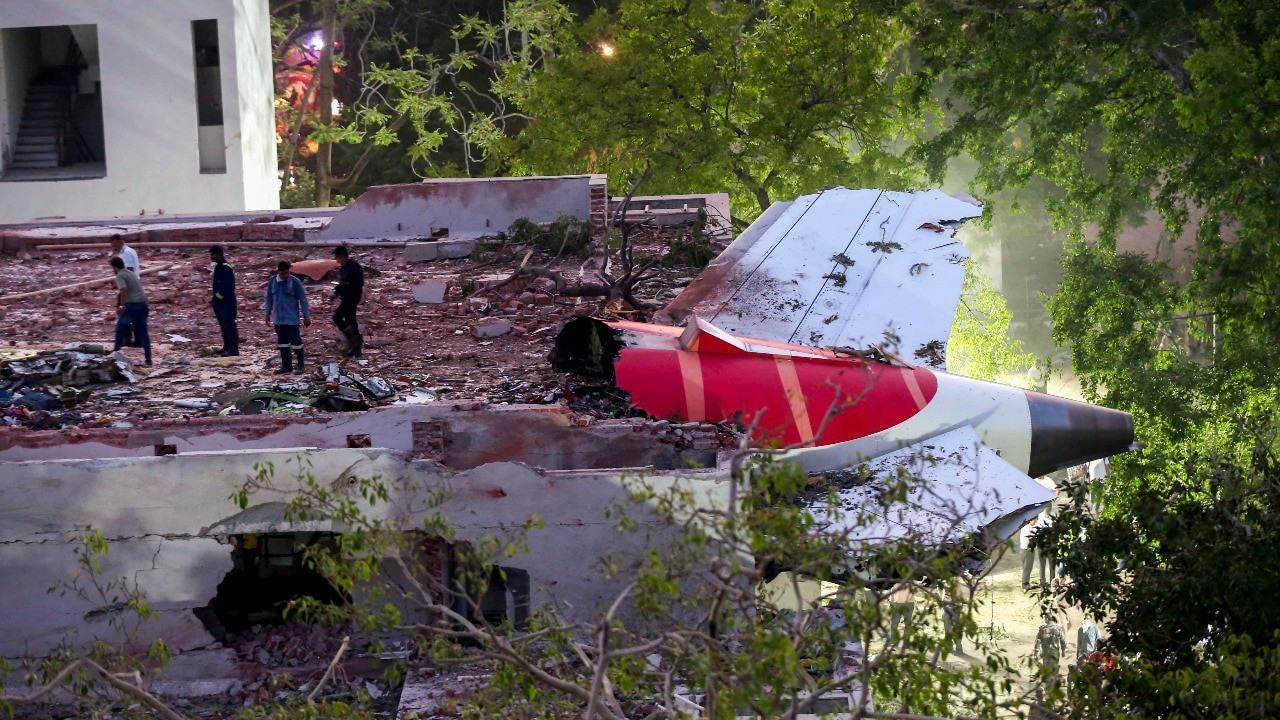
Air India CEO Urges Caution as AI 171 Crash Investigation Continues
Air India CEO and Managing Director Campbell Wilson has called for restraint and caution among employees as the investigation into the June 12 crash of flight AI 171 remains ongoing. In a message to staff on Monday, Wilson acknowledged that while the preliminary report has offered “greater clarity,” it has also raised additional questions surrounding the tragic accident. The crash, which claimed 260 lives, stands as the deadliest Indian airline disaster in four decades and marks the first fatal incident involving a Boeing 787 Dreamliner worldwide.
Preliminary Findings and Investigation Status
Wilson emphasized that the initial findings from India’s Aircraft Accident Investigation Bureau (AAIB) did not reveal any mechanical or maintenance faults with the aircraft or its engines. The report also ruled out issues related to fuel quality, the aircraft’s take-off roll, and the pilots’ medical conditions. “Instead of focusing on media speculation, I suggest we note that the Preliminary Report found no mechanical or maintenance issues with the aircraft or engines, and that all mandatory maintenance tasks had been completed,” Wilson stated.
The Boeing 787-8 involved in the accident was operating a flight from Ahmedabad to London Gatwick when it crashed shortly after take-off. The disaster resulted in the deaths of 241 of the 242 people on board, as well as 19 individuals on the ground. According to the AAIB’s initial report, a probable primary cause was identified: the engines were starved of fuel after the fuel control switches transitioned from ‘RUN’ to ‘CUTOFF’ within a second of each other just after lift-off. Cockpit voice recorder data captured one pilot questioning the other about the fuel cutoff, with both denying any action to move the switches. The report does not clarify whether the switches were moved by the pilots or if a technical, mechanical, or software malfunction was involved.
Wilson cautioned that the investigation remains incomplete and urged staff to avoid premature conclusions. “Over the past 30 days, we’ve seen an ongoing cycle of theories, allegations, rumours, and sensational headlines, many of which have later been disproven,” he said, underscoring the need for patience as investigators continue their work to determine the root cause.
Broader Implications and Response
The crash has drawn intense scrutiny not only from Indian authorities but also from international aviation agencies. The recovery and analysis of critical flight recorder data are expected to play a pivotal role in the ongoing investigation. Meanwhile, families of the victims have expressed concerns regarding Air India’s handling of compensation negotiations, alleging that the airline employed threatening tactics and pressured them to disclose details about their financial dependencies. Both Air India and its parent company, Tata Group, have affirmed that immediate assistance has been extended to the victims’ families.
As the inquiry progresses, Wilson’s message highlights the importance of relying on verified information and allowing investigators to complete their work before drawing any definitive conclusions about the cause of this devastating disaster.
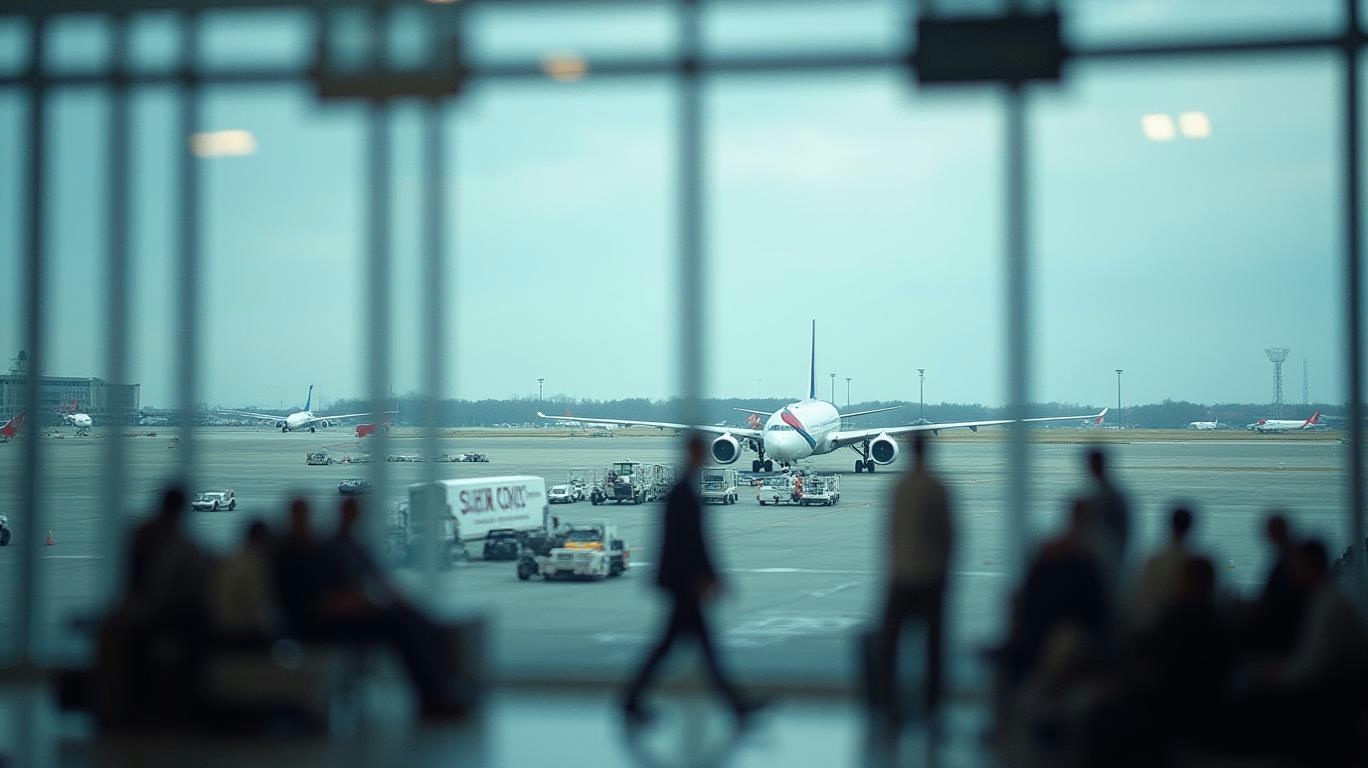
Will Delta Airlines’ AI Pricing Trigger A Customer Trust Crisis?
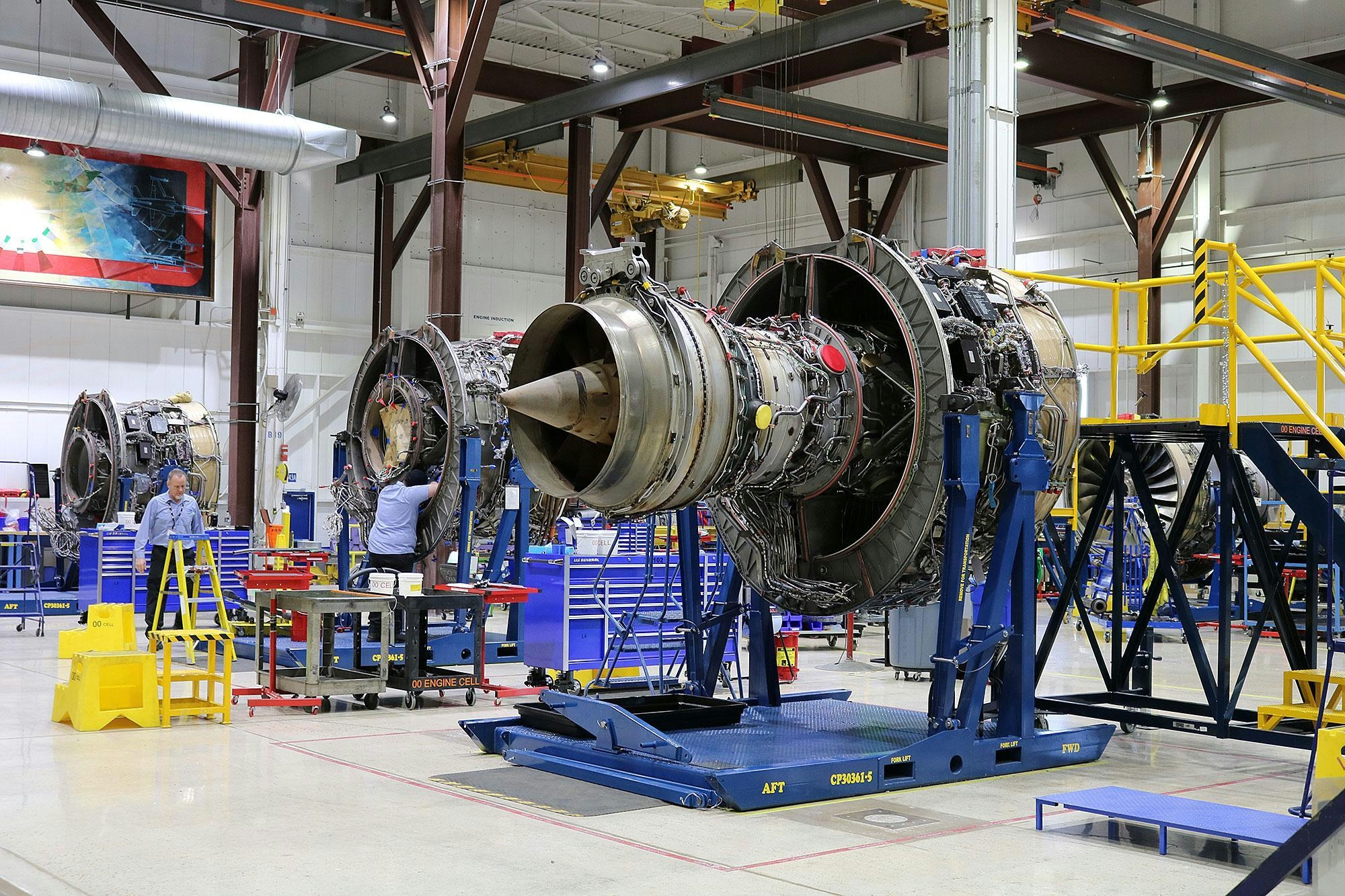
StandardAero Launches CFM56-7B Engine Exchange Service to Reduce Boeing 737NG Downtime
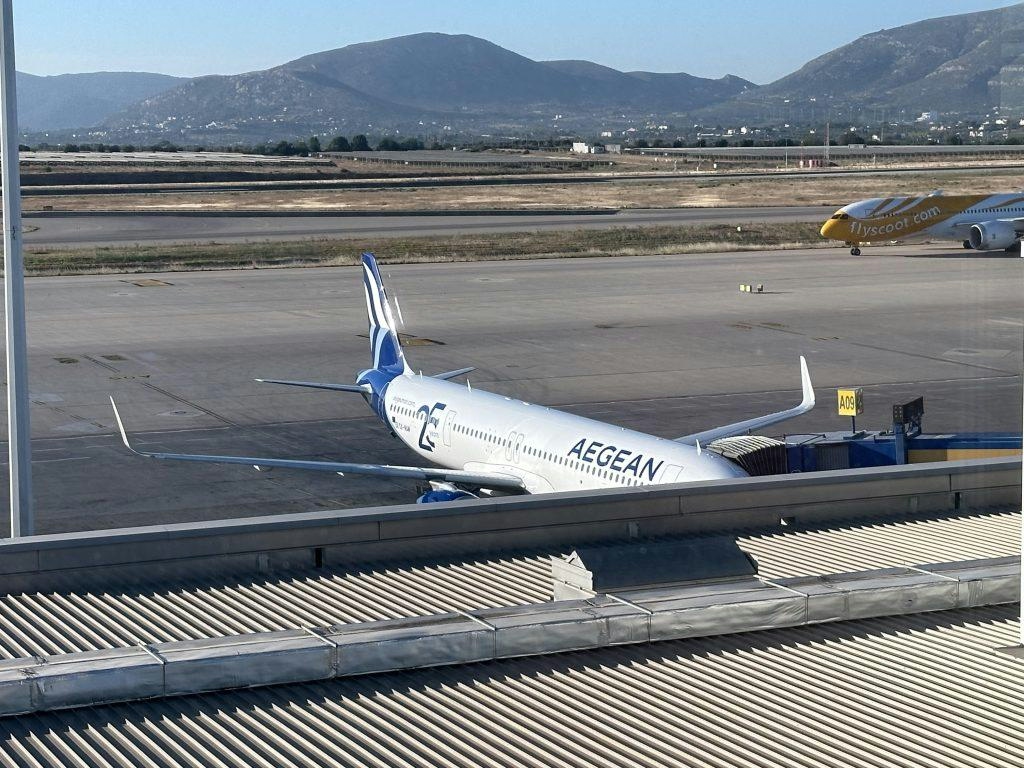
Aegean Airlines Reveals First Long-Haul Routes and Expands Airbus A321neo XLR Fleet
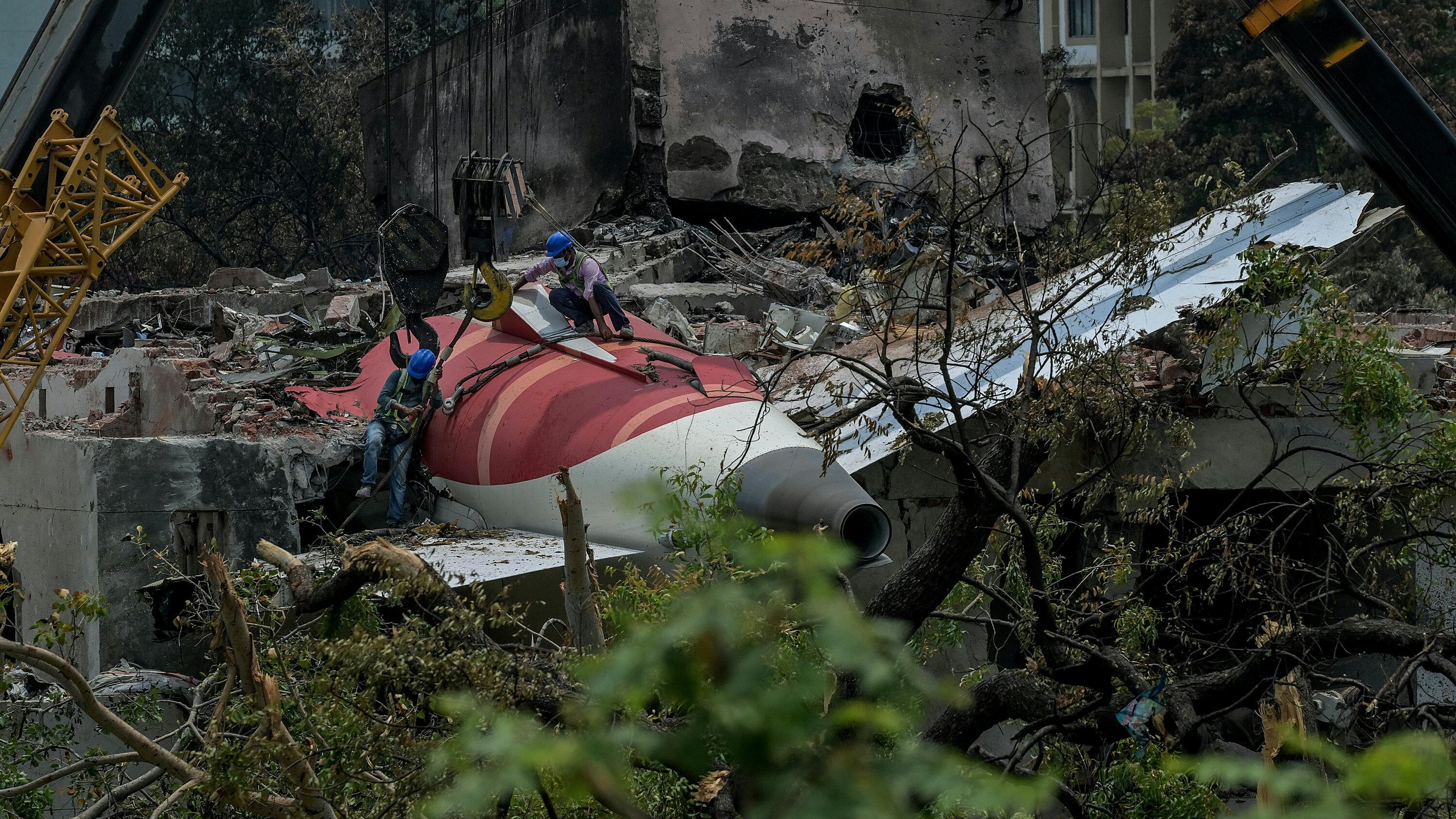
New Evidence Indicates Air India Pilot Reduced Fuel Before Fatal Crash
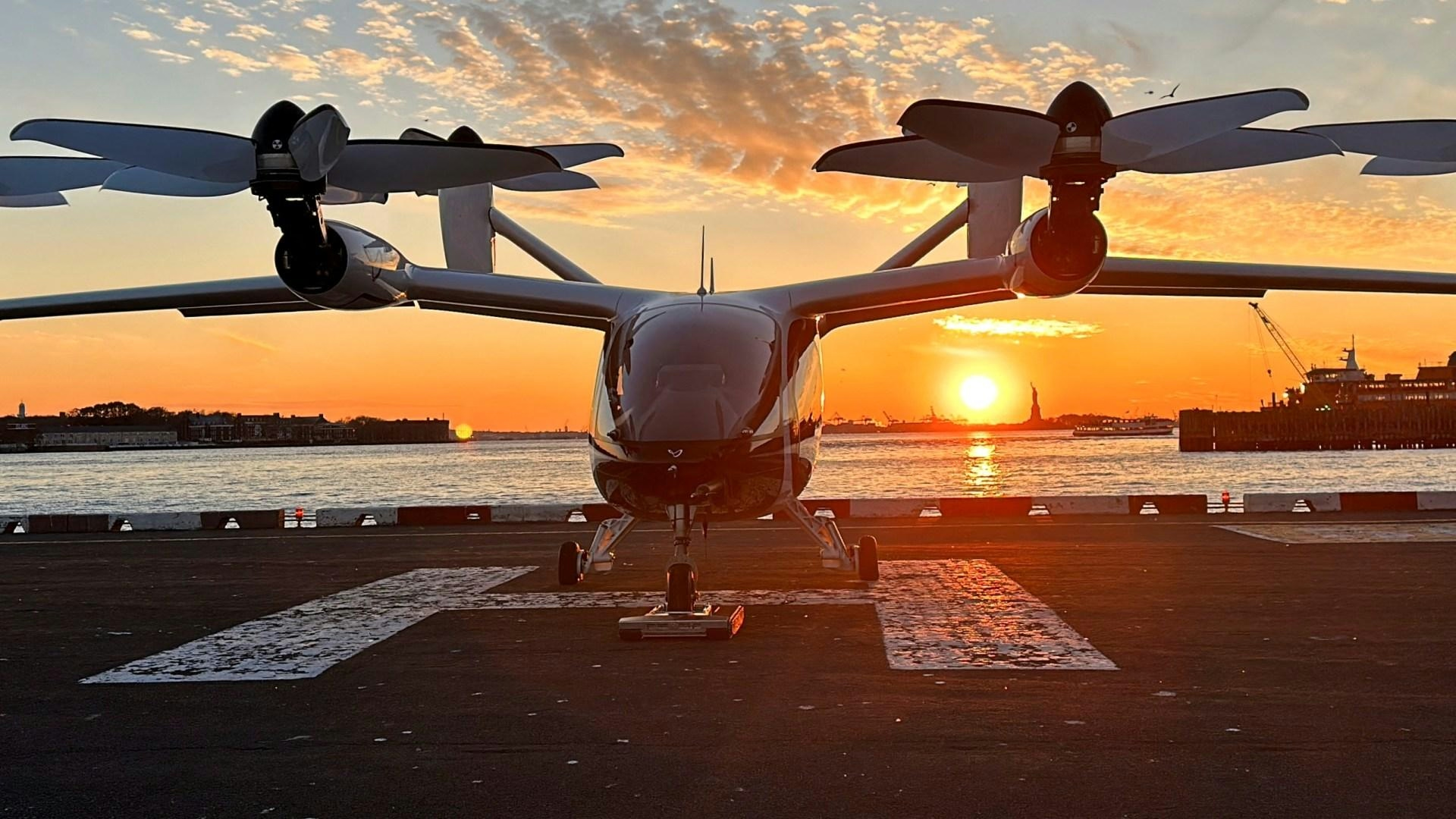
Maharashtra to Develop Vertiports for Air Taxi Operations Across Districts
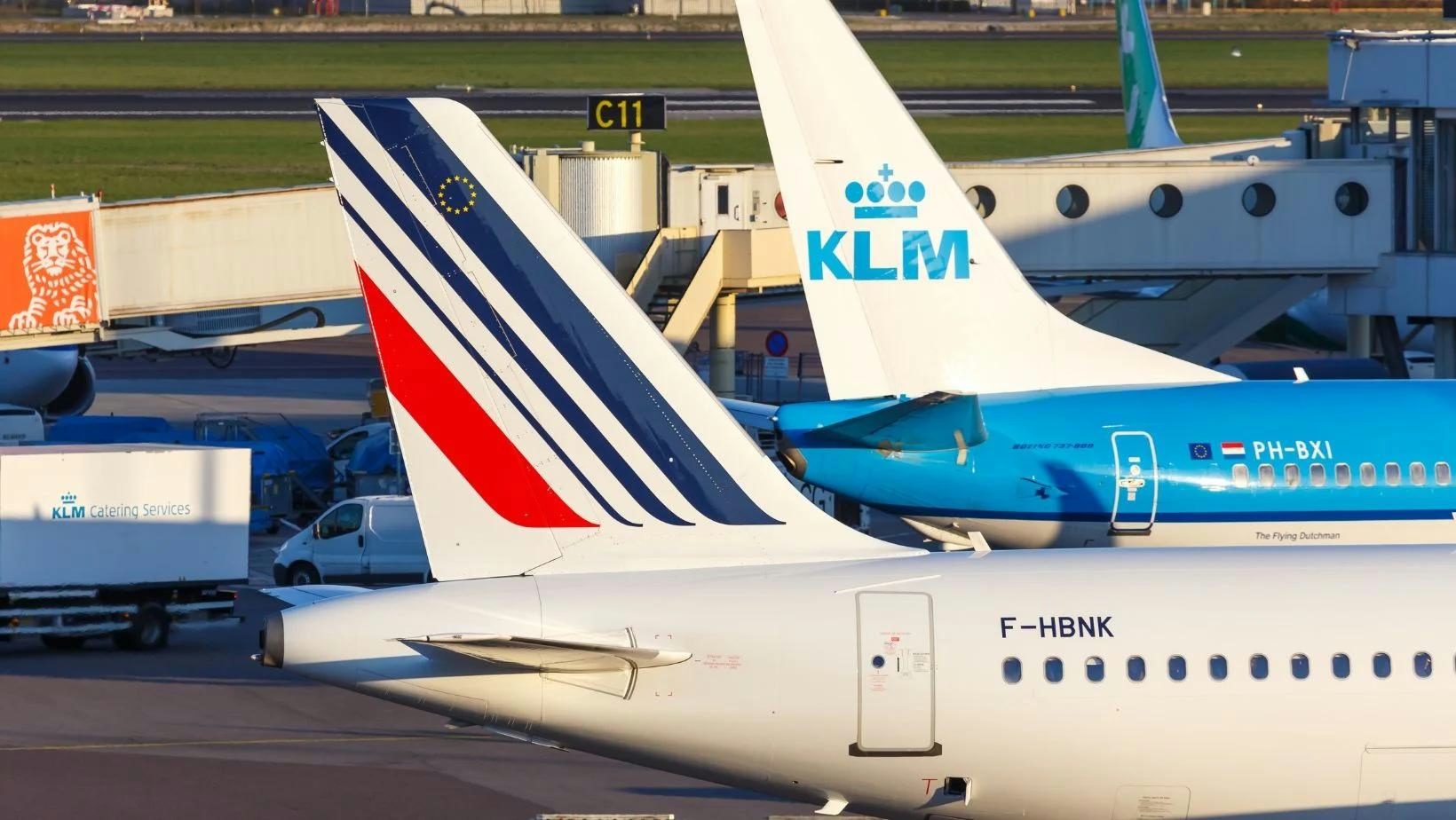
Air France-KLM Develops Cloud-Based AI Platform to Support Business Transformation
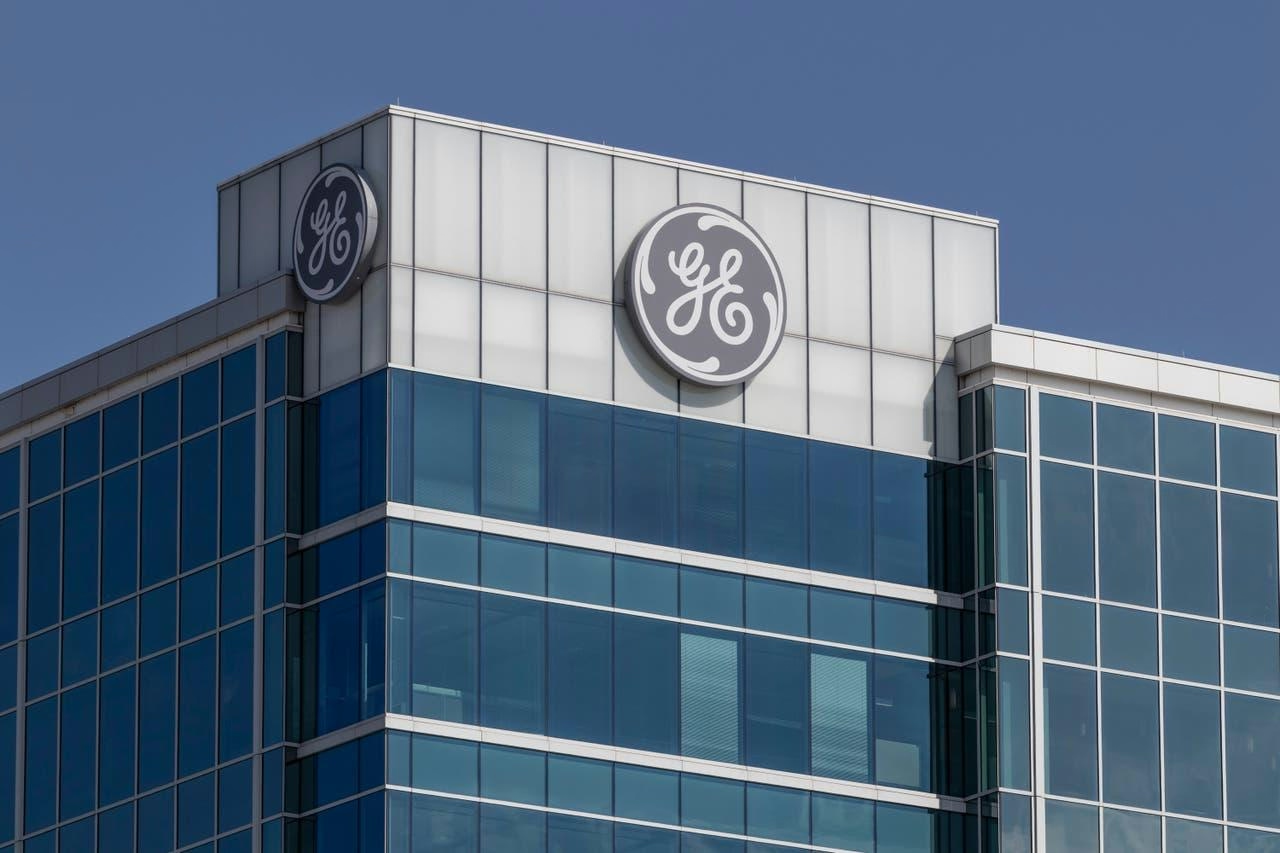
GE Aerospace Reports Strong Q2 Growth, Provides Updates on Key Engine Programs
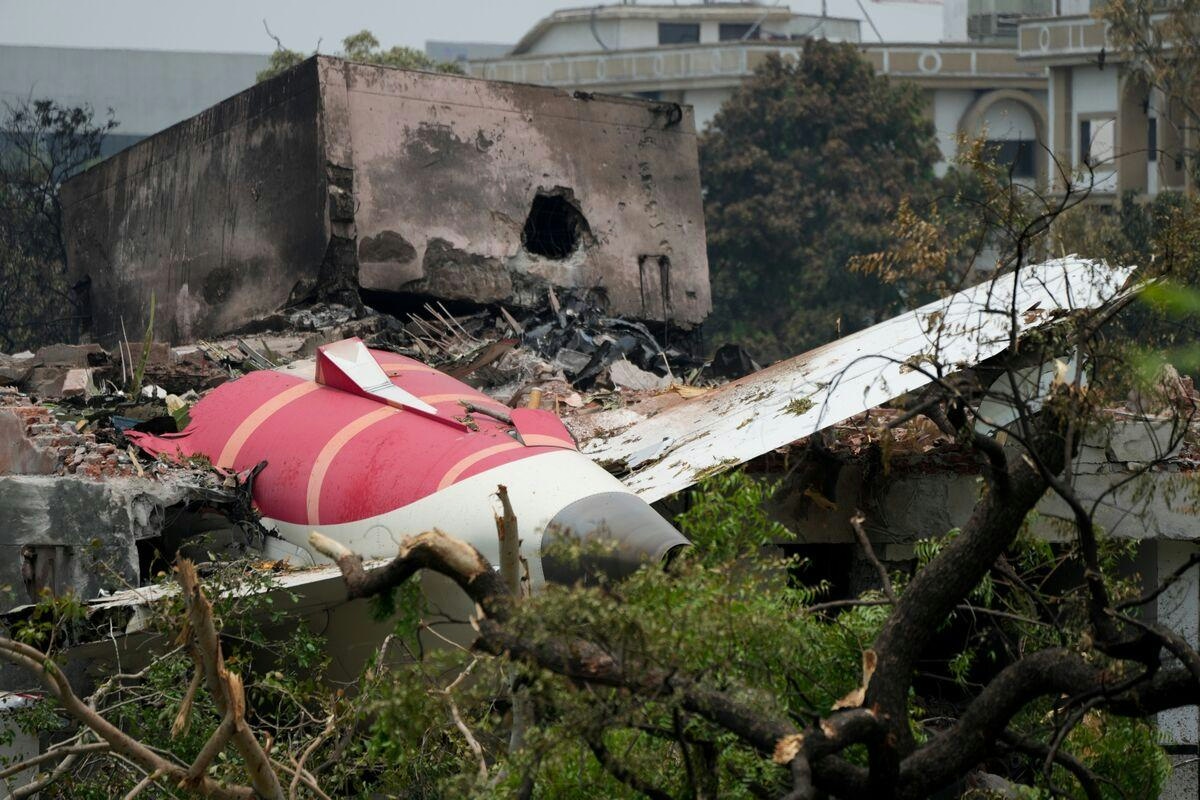
AAIB Criticizes Media for Speculation on AI-171 Crash
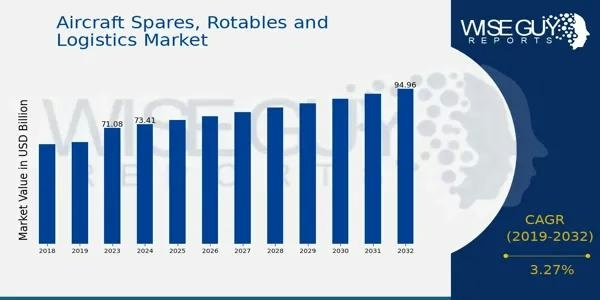
Aircraft Spares, Rotables, and Logistics Market: Steady Growth Amid Rising Global Aviation Needs
